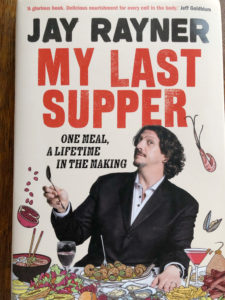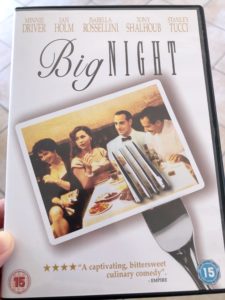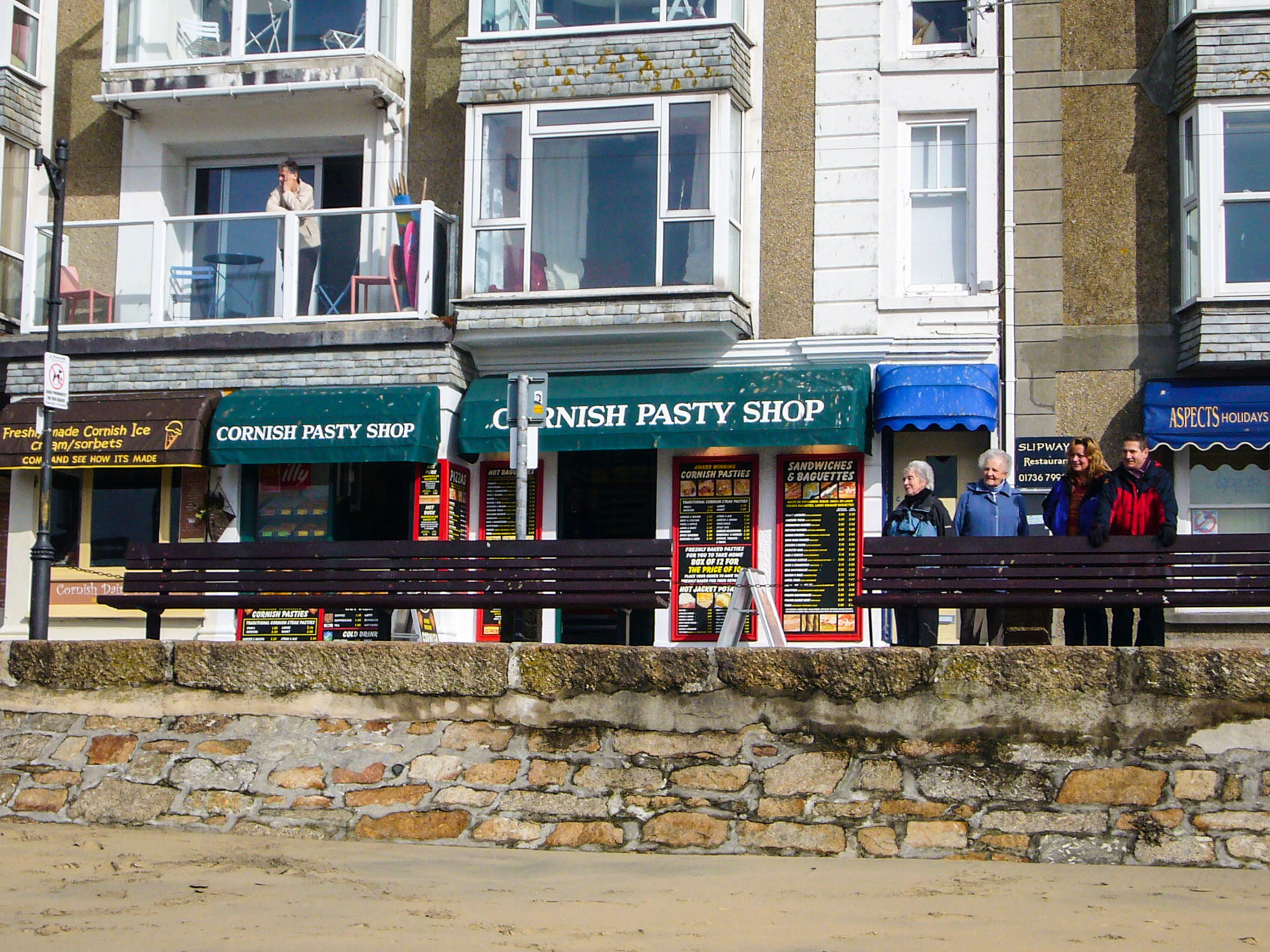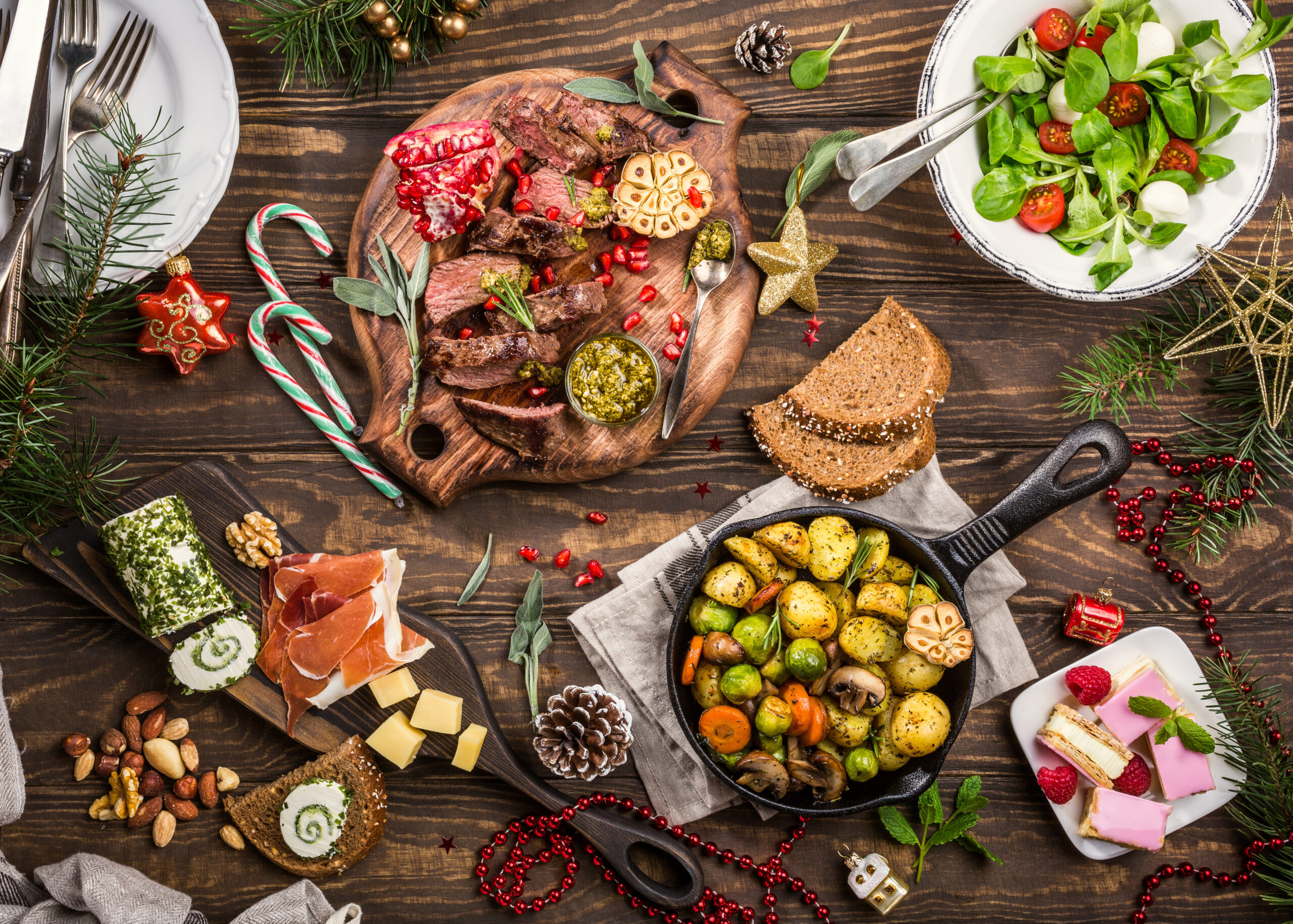Staying in is the new going out and, whether for entertainment or to stave the persistence of lockdown weltschmerz, now is surely the time to take in a heap of culture while at home.
Palate has selected a handful of sources of great reading, listening and watching – all on a food and drink theme, as you’d expect. The recommendations which follow should help see readers through these extraordinary times.
Books (J A Smith)
‘The Quality Chop House: Modern Recipes and Stories from a London Classic’ by William Lander, Daniel Morgenthau and Shaun Searley (Quadrille, 2019)
It was a real pity when The Quality Chop House ended its lockdown delivery service after just a week (whether it will start up again remains to be seen) but you can at least re-live some of the experience or re-create their trade mark confit potatoes using this beautiful book. Reading through this tome alone will allow you to eat with your eyes. Illuminating, educational and entertaining, in my view no foodie’s bookshelf should be without a copy.
‘The Wine Dine Dictionary’ by Victoria Moore (Granta, 2017)
With all that extra time on our hands, now is an opportune moment to brush up on wine knowledge. This is a very useful book which starts with a general guide to wine tasting and how to pick wines without fuss, then divides into two main reference sections: one where you look up dishes or particular ingredients and it lists suitable wine matches, the other where it’s the other way round (look up a grape and it gives food ideas). There are quite a few great recipes in there too.

‘My Last Supper’ by Jay Rayner
‘My Last Supper’ by Jay Rayner (Guardian Faber, 2019)
Whether we die by “the judicial system, suicide or misfortune of health,” there’s a morbid curiosity about the last meal we eat before we croak. AA Gill had examined meals requested by inmates on Death Row in his fabulous 2009 essay Last Suppers, but in this book Jay Rayner goes further, firstly reflecting on his own near-death experiences before going on to explain what his ideal last meal actually is, based on each crucial component. He takes the scenic route to his conclusion but it’s an entertaining journey and heck we’ve got bags of time right now. Also, no Jay Rayner book is complete without a few of his own recipes.
‘Joe Beef: Surviving The Apocalypse’ by Frederic Morin, David McMillan and Meredith Erickson (Alfred A. Knopf, 2018)
If there was ever a time for a homely survival guide and a love letter to hospitality, this is it. The publication of this book was almost prescient. I first found out about the exuberant owners of Joe Beef in Montreal in series one of Anthony Bourdain’s Parts Unknown (currently on Amazon having previously been on Netflix). To this day I love re-watching the scene where they all eat an epic French-inspired lunch in the ice hut, and get a train across Canada with their all-important truffle shavers to enhance the train food. I haven’t been to Joe Beef yet but somehow I feel you can experience it vicariously through this joyous book (dedicated, of course, to Bourdain).
Podcasts (Cristian Ley)
Out to Lunch with Jay Rayner
From the UK’s best-known food critic, this series will suit both die-hard types who never miss an episode and those who dip in and out of podcasts to which they subscribe.
Premise-wise, Jay takes a guest, whether from the arts world or politics, for a long lunch and they chit-chat in the style of a sofa interview. Venues chosen by the host range from the glitzy to the basic.
There is no escaping that some episodes miss whereas others hit – even for Jay Rayner fans. Happily, a handful of his best guests bring unusual insight or utter comedy. Best episodes include those with Reg D. Hunter (you’ll belly-laugh), David Baddiel and Jess Phillips MP.
Coffee House Shots
Poetic licence is required to crow-bar in this podcast. Really it has little to do with coffee.
In a period where we are barraged with rolling coronavirus news, a person’s mental health can benefit from the sieving of media. Coffee House Shots, published by The Spectator, is a daily newscast that spends just ten minutes setting out the issue of the day. By way of a shot-measure of information, the audience becomes abreast of the state of things and can absorb the gentle, slightly explorative chat around the given subject from a team of presenters (usually featuring Isabel Hardman of The Guardian and Radio 4).
Off Menu with Ed Gamble and James Acaster
Palate has a difficult relationship with this podcast. It’s essential listening in being one of the few podcasts concerning restaurants and gastronomy in the UK. To compile a list of podcasts for this article without Off Menu would be like assembling films about crashing boats and omitting Titanic.
The problem is this: is Ed Gamble funny or likeable? There can be no doubt that his co-host, James Acaster, is in his own lane as a kind of idiot-savant; wielding offbeat, surreal musings with superb results. Ed, on the other hand, has the persona of the popular kid from school who was sexual dynamite on the first lads’ holiday to Malia. He has his moments, comedy-wise, just as he does on Mock The Week. Whether he’s suited to a purely aural medium, or deserving of his huge fame, is less clear.
If dipping in, you’ll hear Ed and James talk to guests on all matters dining to the theme of a fantasy three-course meal. Notable 2020 episodes feature Armando Iannuci, Ronny Chieng and Joe Thomas.
A good guest tends to carry the show and (much like Jay Rayner’s podcast) tracking the personalities you rate or admire can make for a good Sat Nav when perusing instalments of this particular podcast.
White Wine Question Time
Kate Thornton’s insight into celebrities’ lives is a trashy, upbeat podcast that could easily be called Prosecco Question Time. Like a spoken OK! magazine, guests sit around over three bottles of vino and chew endless fat. The results are fairly entertaining and make for a guilty pleasure to lighten our lives. Own wine optionable.
Recent guests include Caprice, Emily Atack and Joe Swash – a line-up that probably gives you a clear signal in terms of what to expect from the podcast.
TV and Film (J A Smith)
The Trip to Greece (Sky/Now TV)
Now in its fourth series, Steve Coogan and Rob Brydon go on another part-scripted, part-improvised foodie odyssey directed by Michael Winterbottom, ten years since the first series in Lancashire and Yorkshire (a trip we partially emulated in our article ‘North By Northwest’). This time the cantankerous duo start in Turkey and work their way through the tavernas and Michelin-starred restaurants of Greece, interspersed with impressions and mutual put-downs as they play caricatures of themselves. They even stop off at the Mamma Mia filming location. When stuck in quarantine this is great foodie escapism.
Gone Fishing (BBC iPlayer)
Like The Trip, Gone Fishing follows two middle-aged British comedians, Bob Mortimer and Paul Whitehouse, on their fishing travels around the UK, but that’s where the similarities end. Whilst The Trip has its waspish wit and amusing impressions, Gone Fishing is very much a slow-burner. The languid pace, beautiful cinematography and the genuine moments of pathos as Mortimer and Whitehouse reflect on their lives and mortality make it extremely enjoyable, if moving, to watch. It might even make you want to take up fishing… when normality resumes.

Big Night (1996)
Big Night (Netflix)
1996’s Big Night is one of my favourite ‘foodie’ films. In this comedy drama, first generation Italian-American brothers, the perfectionist Primo (Tony Shalhoub) and restaurant manager Secondo (Stanley Tucci) struggle to maintain their ailing restaurant until they conjure up the idea of a ‘big night’ celebratory feast to win back custom. By exposing Americans to ‘real’ Italian food, this film arguably changed the American approach to Italian cuisine forever. Tucci, who is an enthusiastic cook in real life, co-directed it and it also features an amusing turn by Ian Holm as the flamboyant Pascal (miles away from his role as the treacherous android Ash in Alien). Even more exciting: the film is now available on Netflix!
Sideways (DVD / Netflix)
More of a wine-centric film, but still worthy of inclusion here I think. I still remember going to see Sideways in the cinema when it was first released in 2005 and saying to myself “this is an instant classic.” Director Alexander Payne (About Schmidt, Nebraska) has a real skill in teasing comedy out of sad situations: perhaps we should pity failed writer and hopeless romantic Miles as his best friend gets married, but the film manages to be uplifting and hilarious. I’m sure Sideways needs no introduction for fellow epicureans and now is an ideal time to watch it again, sit back with a bottle of Californian Pinot Noir (never Merlot) and think of happier times.






